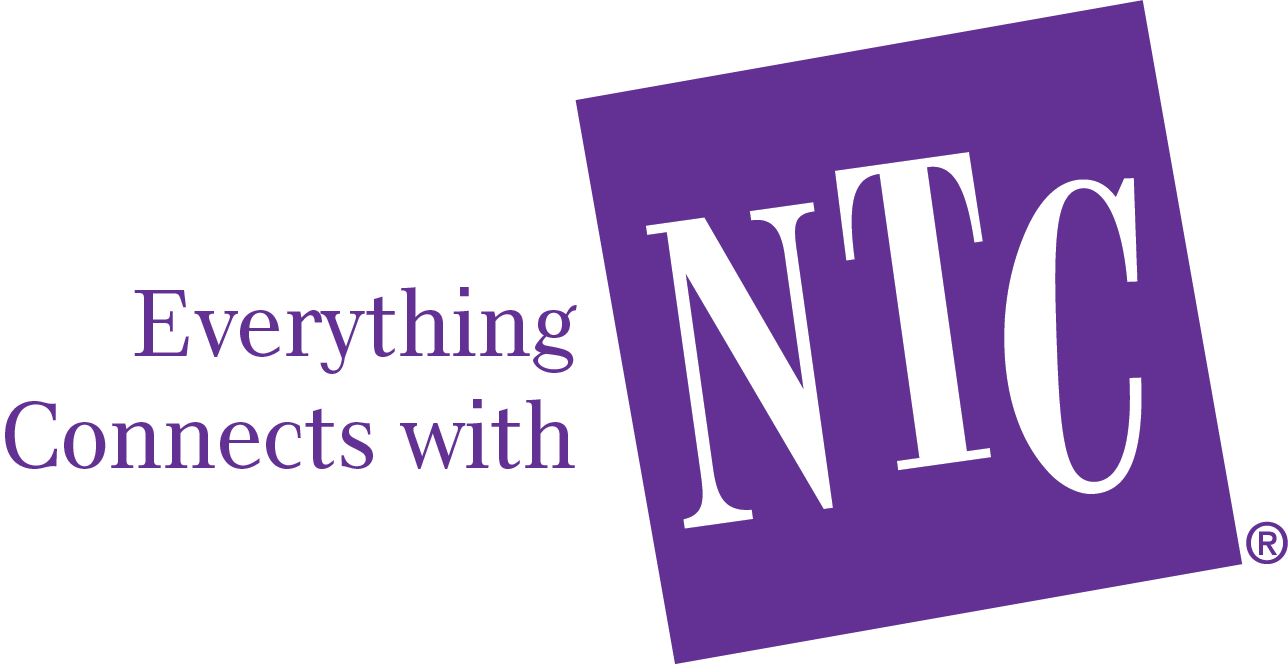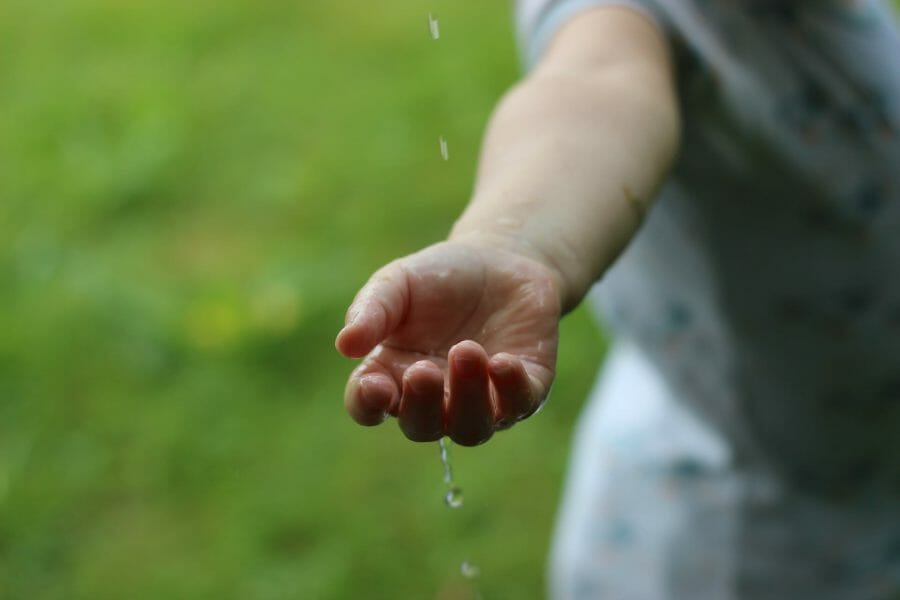Our water supply supports life on this planet, yet water supply challenges abound. This ever- important resource is threatened by overuse, pollution and climate change stressors. One way to mitigate these threats is through effective education for water conservation and pollution prevention programs. It is possible to inspire tomorrow’s leaders to not only take care of the water supply today but to ensure its viability for tomorrow too.
Education about Water Conservation for Kids
Kids are eager to help make the world a better place. By learning about ways to meet the challenges of water supply usage, they get a chance to take actions that improve the world around them, now and into their future. Teaching them about the vital role water plays in our daily lives helps them learn good water stewardship.
Educators and community members can use creative and innovative teaching methods to show young people how to:
- Save and use water economically
- Reduce water waste
- Develop good water usage habits as a way of life
- Inspire others to do their part
The Purpose of Teaching Water Conservation
The purpose of education for water conservation is to build a case for why students need to save and care for the water supply. Once they know the reason, then there are any number of ways to show them how to do it. Once they learn how, then the most important part is to inspire them to continue to do it and to teach others to do it as well.
Using methods that foster awareness and appreciation of this valuable, life-giving resource helps build the water conservation case.
Questions to raise and answer with students include:
- How do the environment and human health depend on water?
- Why is water a finite resource?
- How is the water supply threatened by pollution, degradation and climate change?
- Where does your area get its water?
- How does it get into your house?
- What is the water cycle? How does it work?
- What are watersheds? Why are they important?
- How do we use water wisely?
- What are ways to conserve and reuse water?
- Why is it important to keep water clean?
- How does water get dirty?
Through positive reinforcement and rewarding eco-friendly behavior, students not only learn simple ways to conserve water, but those ways simply become a part of their everyday lives.
How to Teach Water Conservation to Kids
Teaching kids about water conservation starts where all good education starts – with best practices and methods that allow students to absorb the content in an understandable and memorable way.
Make It a Story
Building the water conservation message into a story brings it to a human level and renders harder concepts easier to grasp. Stories create openings for students to connect to the content, making it relevant to their lives. Good stories also stick with us. We remember them. This deeper connection and sense of excitement help build habits that stay too. Using stories to teach water conservation creates a memorable experience for students to absorb and share with others.
Make It a Game
Games are fun and memorable.Using games to educate people about the conservation of water creates fun and interactive learning sessions that lead to excitement and engagement. Students are motivated to learn more and integrate their learning into their everyday lives. Students are more apt to talk with family and friends about a game they are playing than about a lesson they are learning. Folding learning into a game makes the lessons a spreadable message centered on action. It inspires kids to inspire others.
Make It Appeal to All Learners
According to the Social Science Research Network, about 65 percent of the general population is made up of visual learners. This means that more than half the population will better grasp and retain material if it is shown visually rather than only aurally or through text. Using visual learning materials helps lessons stick. But that still leaves 35 percent of the population who learn better in ways that are not visually dominated. By delivering lessons that take all types of learners into consideration, more students will better understand and remember content.
Make It Active
Active teaching methods put learners in the center of the lesson. It gives them something to experience, solve, do or explore physically and intellectually. Participatory learning makes material come alive and puts students in charge of the results. It builds confidence and expertise as well as cooperation and peer reinforcement. It also helps involve more types of learners, as mentioned above.
Ways to Conserve Water
Simple water conservation activities for kids help bust bad habits and build good ones into their daily routines. Showing kids achievable, understandable and interesting ways to conserve water forms life-long habits. They can also be inspired to get their families involved in conserving water too.
A few simple ways to conserve water:
- Reuse cooking water
- Turn off the tap when brushing teeth
- Take quick showers, avoid tub baths
- Soap up with the tap off when showering and turn back on to rinse
- Fix leaky taps
- Fix running toilets
- Use a reusable water bottle
- Avoid a constant flow when washing dishes
- Collect rainwater to water outdoor plants
- Wash fruits and veggies in a bowl and use the leftover water to water plants
- Avoid rinsing dishes before they go into the dishwasher
- Turn water faucets off tightly to avoid drips
- Store cold water in the refrigerator so you do not run the faucet until it is cold
- Wash cars and bikes with buckets and sponges instead of running the hose
- Fully load dishwashers and clothes washers instead of small, inefficient loads
- Plant your garden for your water environment
- Make soup using leftover water from steaming or boiling vegetables
- Plant a rain garden to avoid water entering the storm drain system
Education about Water Pollution for Kids
Pollution is one of the bigger threats to our water resource. How can we educate everyone about water pollution to mitigate this threat? How can education help reduce water pollution? Educating the community about water pollution coupled with education for water conservation builds stronger water stewardship. It shows the big picture connection between our everyday actions and the water we use. This big picture includes water management systems, which kids and the community may find outside their sphere of influence. So how can we stop water pollution through education?
What Are the Main Causes of Water Pollution?
Teaching about the main causes of water pollution, including run-off, chemicals, agriculture and poor water management, is a good place to start. The way we shop, cook, eat and clean affects our water systems. Showing this helps prevent pollution and further degradation of our water supply. Developing an understanding of our environment helps clean up and save the life-giving resources that sustain it.
By starting with water pollution education for kids, we can create a ripple effect into community water pollution education. Educating kids through water stewardship programs builds a stronger case for better water management and leadership. Educating future leaders is an investment in cleaner water for years to come.
Inspiring Good Water Stewardship into the Future
Education for water conservation that is focused on behavior change helps students develop good habits that support water stewardship. Teaching kids about water conservation and behavior change that affects how they use water at school and at home is a vital step in preserving this vital resource. Students are empowered to be good water stewards not only today but for the rest of their lives. Reaching that goal inspires kids to teach others in their families and communities. If taught well, it becomes a spreadable message.
The National Theatre for Children helps investor-owned utilities, municipalities, city and state agencies, and regional water districts educate their communities about water conservation, pollution prevention and water stewardship through creative and customizable K-12 education campaigns. By addressing relevant water conservation issues, our unique outreach programs help utilities and other organizations fulfill government mandates around drinking water and pollution prevention.
The National Theatre for Children centers our education on water conservation and pollution prevention around behavior change, not only teaching young people to save and protect water but inspiring them to educate their communities and families to do the same. This creates a ripple effect that sustains good water stewardship into the future.





